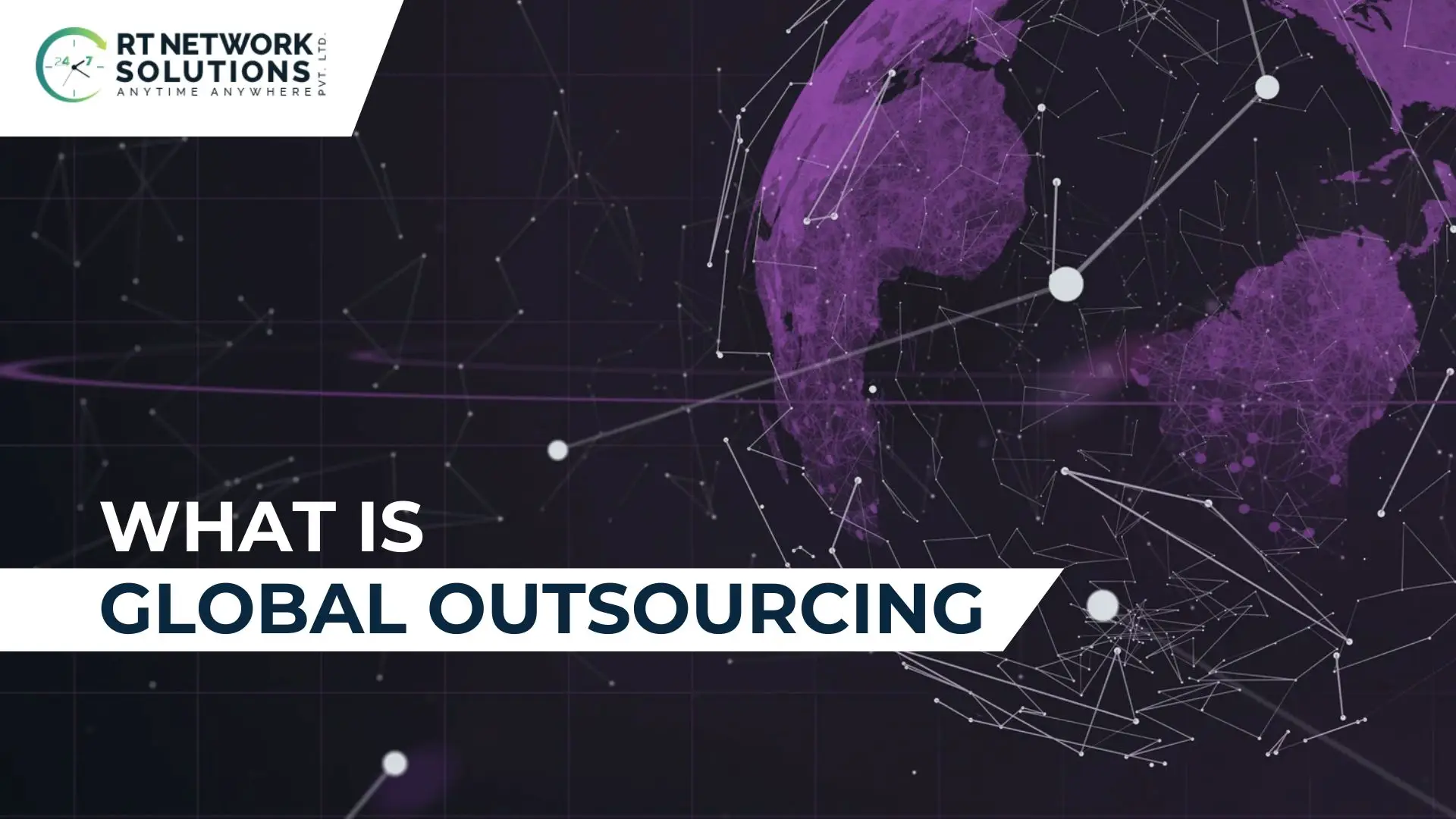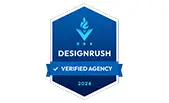In today’s competitive job market, finding the right career opportunity can feel like searching for a needle in a haystack. Whether you’re a seasoned professional looking for your next challenge or a recent graduate taking your first steps into the workforce, the path to employment isn’t always straightforward. This is where recruitment consultancies come into play, offering a powerful alternative to traditional job hunting methods.
Recruitment consultancies serve as bridges between talented candidates and companies seeking the perfect fit for their teams. They’re not just intermediaries; they’re career catalysts that can transform your job search from a solo struggle into a strategic partnership. But how exactly do they work, and can they really help you land your dream job?
In this comprehensive guide, we’ll explore the world of recruitment consultancies, demystifying their role in the job market and showing you how to leverage their services effectively. From understanding the advantages they offer to learning the best practices for working with consultants, we’ll equip you with the knowledge and strategies you need to maximize your chances of success.
Whether you’re actively job hunting or just curious about your options, read on to discover how recruitment consultancies could be the key to unlocking your next career move.
Table of Contents
ToggleCan I Get a Job Through a Consultancy?
Yes, absolutely! Recruitment consultancies can be an excellent pathway to employment, offering several advantages:
Access to Hidden Opportunities
- Consultancies often have exclusive job openings not advertised publicly
- They maintain relationships with companies actively hiring
Professional Guidance
- Resume optimisation
- Interview preparation
- Salary negotiation support
Industry Insights
- Market trends awareness
- Salary benchmarking
- Career growth guidance
Time Efficiency
- Consultancies match you with relevant openings
- They handle initial screening with employers
- Faster interview scheduling
How to Approach a Consultancy for a Job
Prepare Your Materials
- Update your resume with relevant experience and skills
- Create a compelling LinkedIn profile
- Gather references if available
Research and Select Consultancies
- Identify consultancies specialising in your industry
- Check their reputation and success stories
- Review their client portfolio
Make Initial Contact
- Online: Submit your resume through their website
- Email: Send a professional introduction and resume
- Phone: Call to inquire about registration process
- LinkedIn: Connect with consultants in your field
During the First Meeting
- Be Prepared:
- Bring extra copies of your resume
- Have your career goals clearly defined
- Be ready to discuss salary expectations
- Bring extra copies of your resume
- Ask Questions:
- What types of roles do they typically fill?
- What is their process for matching candidates?
- How often do they communicate with candidates?
- What types of roles do they typically fill?
Follow-Up Best Practices
- Maintain regular contact (every 1-2 weeks)
- Update them on your job search status
- Be responsive to their communications
Working Effectively with Consultants
- Be honest about your experience and expectations
- Inform them if you’re working with other consultancies
- Provide feedback after interviews they arrange
Pro Tips
- Build Relationships: Treat consultants as long-term career partners
- Stay Open: Consider temporary or contract roles as stepping stones
- Be Professional: Always maintain a high level of professionalism
- Act Quickly: Respond promptly to opportunities they present
Red Flags to Watch For
- Consultancies asking for payment to find you a job
- Promises of unrealistic salaries or positions
- Pressure to accept roles that don’t match your profile
Remember, recruitment consultancies are motivated to place you successfully – their reputation and earnings depend on making good matches between candidates and companies.
















































